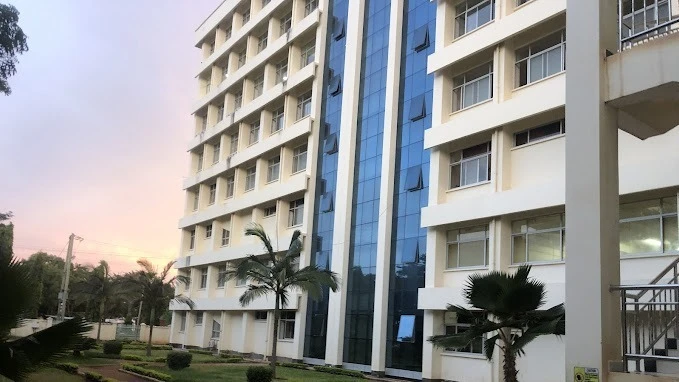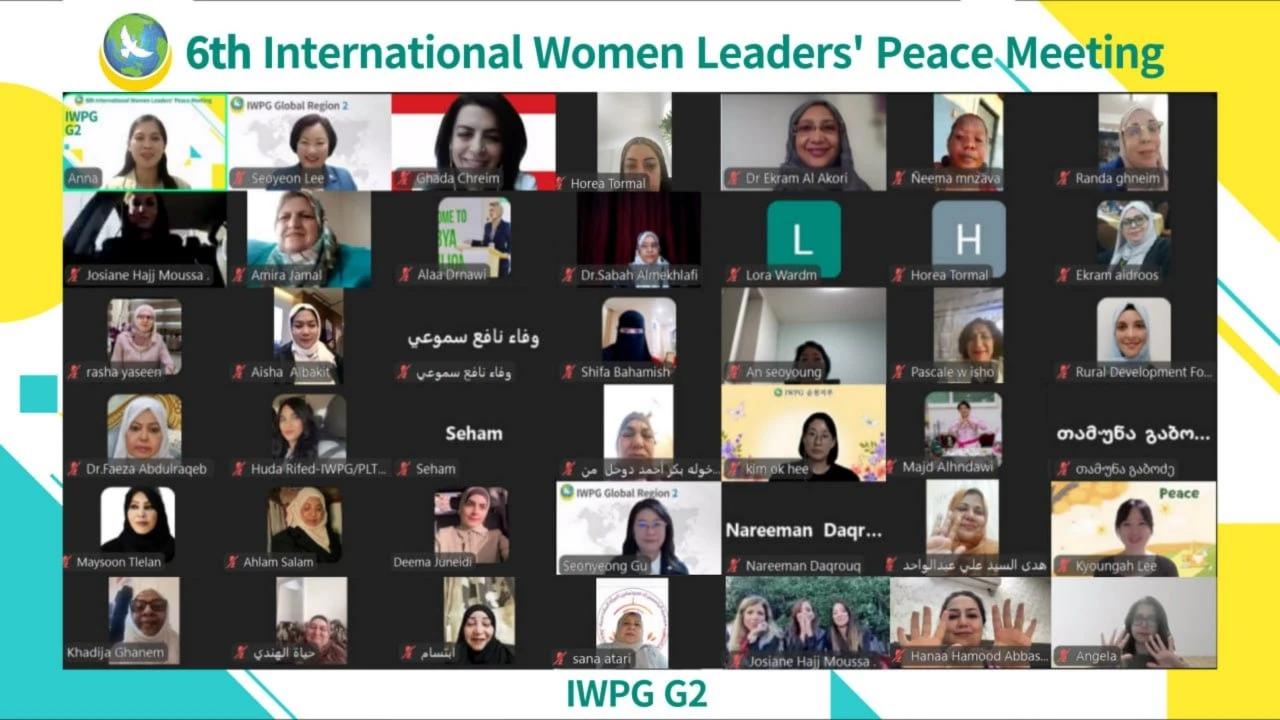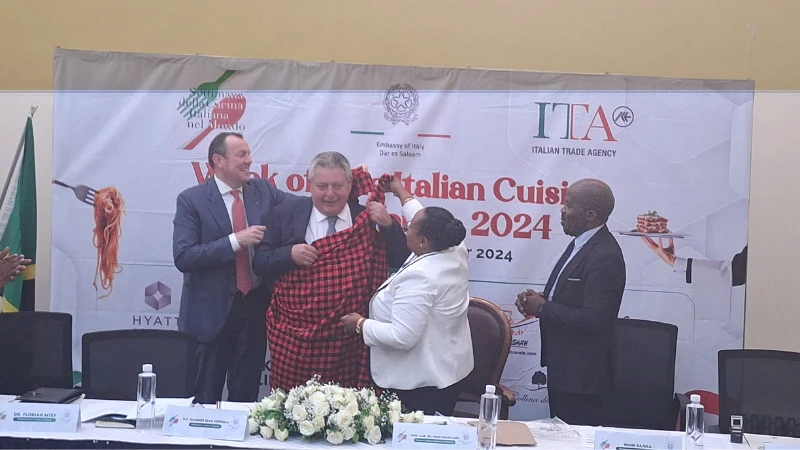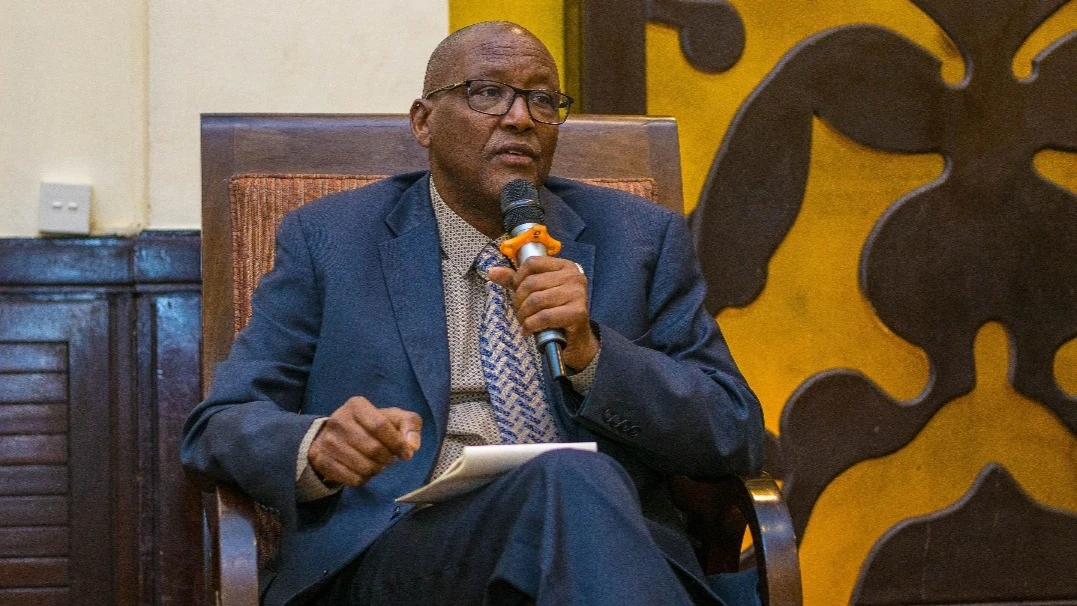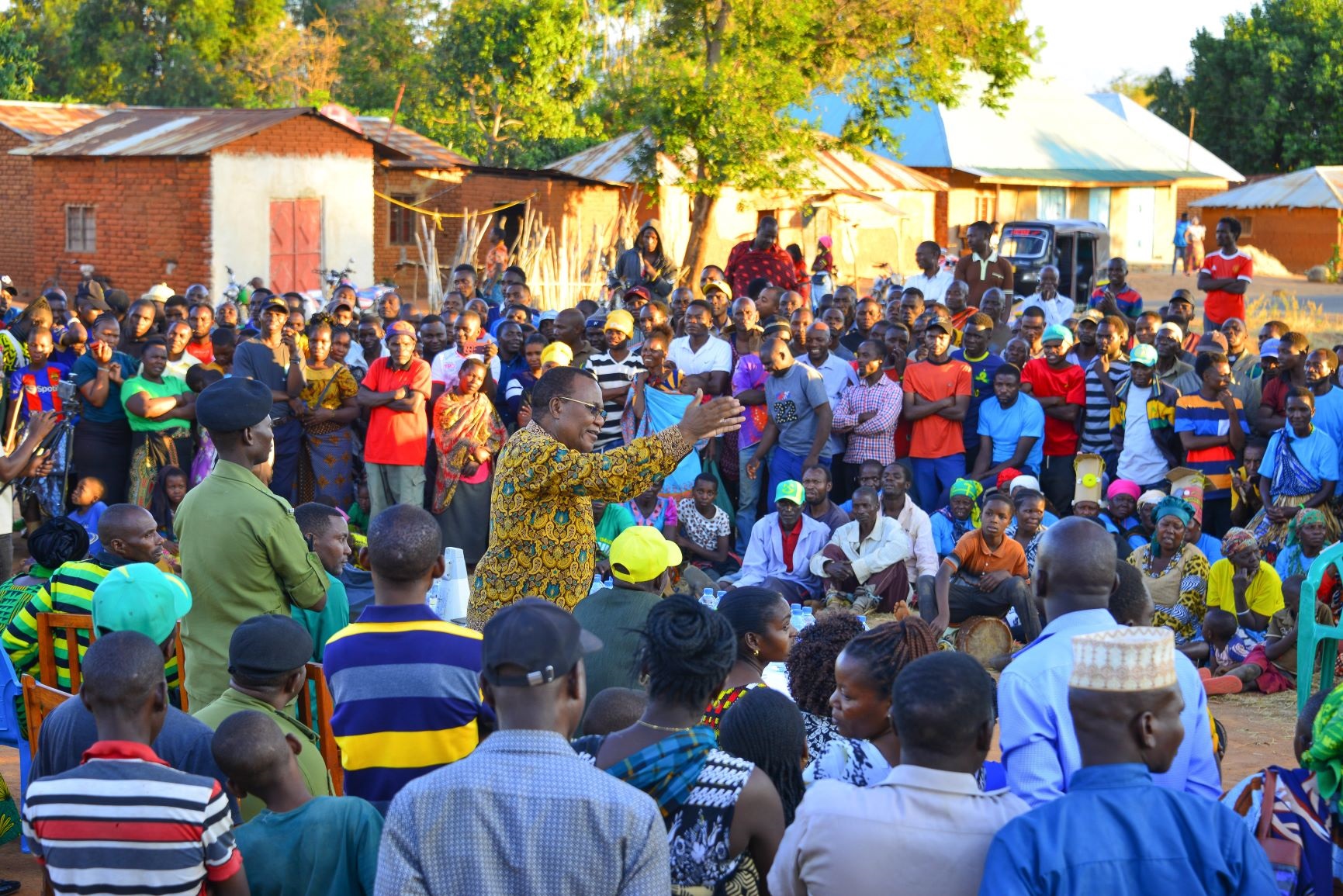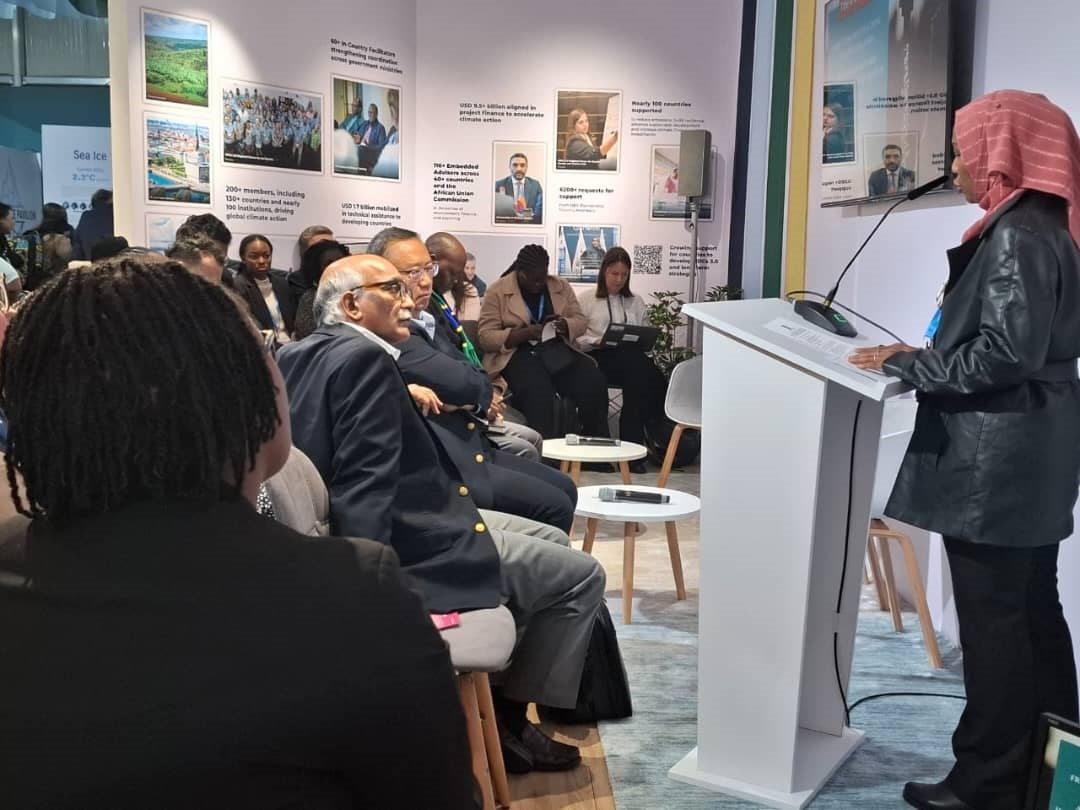Handeni launches forest conservation training program
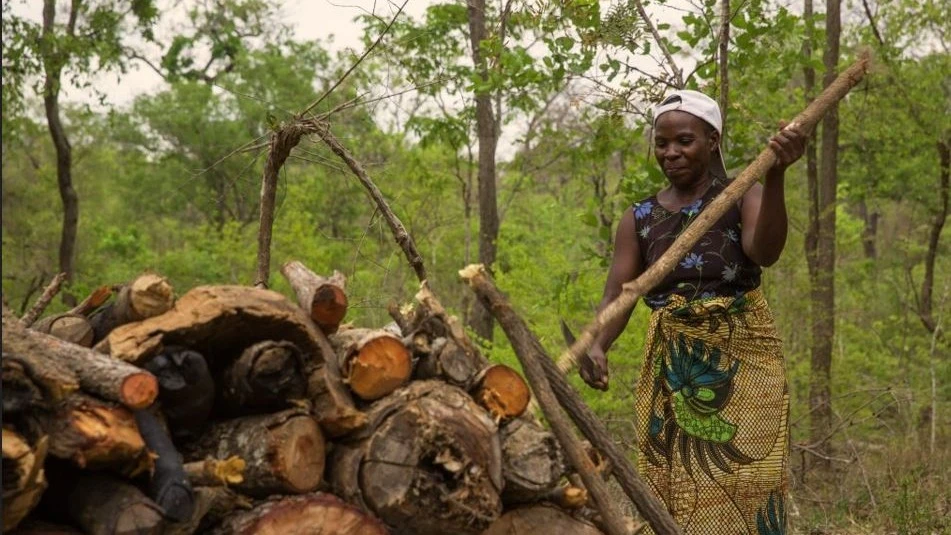
Handeni District Council in Tanga Region has introduced a comprehensive program to train forest conservation groups in entrepreneurship, good animal husbandry practices, tree planting, modern beekeeping techniques, and the construction of modern beehives.
This initiative aims to empower these groups to start businesses, reduce illegal logging for charcoal and timber, and curb unsustainable farming practices.
Napoleon Mlowe, the Natural Resource Officer for Handeni District Council, shared these details during a visit by journalists and staff from the Tanzania Forest Conservation Group (TFCG) and the Tanzania Community Forest Conservation Network (MJUMITA) to Gendagenda village.
The visit was part of an assessment of the Integrated Forest Biomass Energy Solutions for Tanzania (IFBEST) project.
Currently, eight forest conservation groups have been established in Mkalamo and Gendagenda villages through the IFBEST project, and they will benefit from this training program.
Mlowe noted that the district plans to link these groups with the community development unit to facilitate interest-free loans for forest conservation activities and business ventures.
“The program will include training on forest conservation and management with TFCG's support,” Mlowe said, urging TFCG and MJUMITA to expand the IFBEST project to other villages where demand for financial and technical assistance is high. The district has 15 additional villages that need such support.
Mlowe emphasized the need for more technical support to educate communities on how to manage and benefit from forest resources on village land.
Staff from the Handeni District, trained through IFBEST funding, have learned forest conservation practices, governance, and ways to benefit from forest resources and products. “We believe this project will transform lives socially and economically, helping villages generate income for local development projects,” he added.
Ali Mikumi, chairman of the village natural resource committee, called on the Handeni District Council to help install beacons marking the forest reserve boundary.
He noted that villagers from Mtango, KwaKibuyu, and Mseko were illegally entering the reserve for charcoal production, claiming it was part of Pangani District.
“We need the Handeni and Pangani District Commissioners to come together and resolve this boundary dispute,” Mikumi urged, emphasizing that clarity would allow the community to benefit from their conservation efforts without conflicts.
Thanks to EU funding for the IFBEST project, Gendagenda village has designated 4,799.5 hectares as a community forest reserve and developed a management plan, harvesting guidelines, and by-laws.
The community has also received training on sustainable charcoal production, identifying suitable trees, and using GPS technology. Mikumi appealed for further support, including GPS devices, transport facilities, and training for forest patrols.
Hamis Mwang’ona, Mgambo Ward Councillor, highlighted that despite the positive impact of the IFBEST project in Mgambo Ward, ongoing charcoal and timber activities in the village forest and Tanzania Forest Services Agency (TFS) areas pose threats to conservation.
He called on TFCG and MJUMITA to continue educating communities about forest conservation. “As Ward Councillor, I will ensure our forests are protected,” he pledged, stressing the need for clear boundary markers to prevent conflicts between Gendagenda and neighboring villages.
The IFBEST project has raised awareness about forest conservation in Gendagenda village, leading to improved forest conditions and new opportunities, such as carbon trading.
Village chairman Musa Kihumbi shared that since the project began, illegal activities have decreased, and land use has been organized for various needs, including pastures (2,000 hectares), investment (2,800 hectares), agriculture (18,000 hectares), and reserved land (1,800 hectares).
“Before the training, our forest was in poor condition, with rampant tree cutting and livestock grazing,” Kihumbi noted. “Now, we are focused on conservation and benefiting from sustainable charcoal production and carbon credits.”
Established in 1977, Gendagenda village has a population of 4,500 across 10 hamlets.
Top Headlines
© 2024 IPPMEDIA.COM. ALL RIGHTS RESERVED













